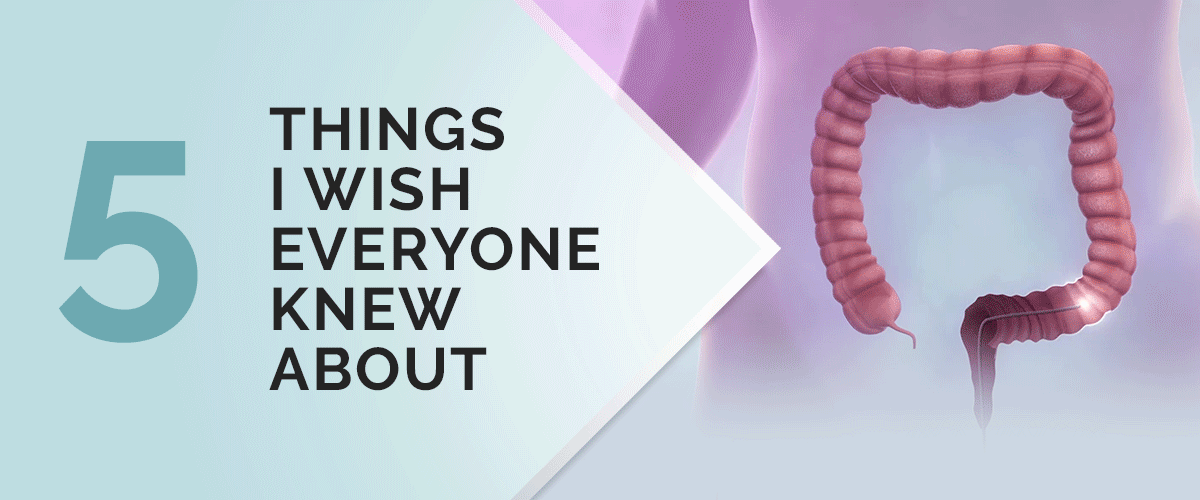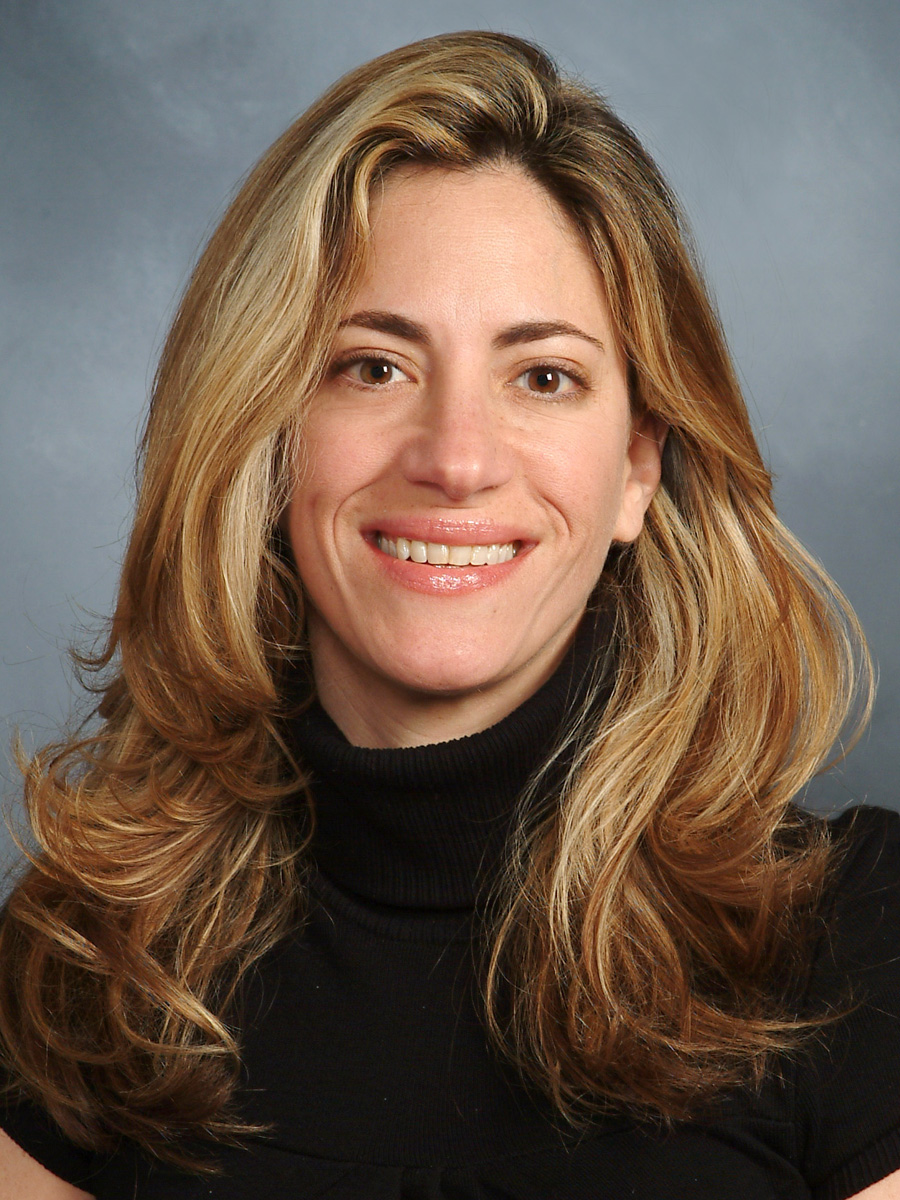Answering Commonly Asked Questions About Colonoscopies
From how long a colonoscopy will take to how much of your body is exposed, a leading gastroenterologist addresses frequently asked concerns about the exam.

Do you have questions about colonoscopies? If so, you’re not alone. One of the main reasons people avoid getting this lifesaving exam is because they think it will be painful or embarrassing, according to an American Cancer Society study.
“I witness many patients who are anxious about getting a colonoscopy, but it’s not something to be feared,” says Dr. Felice Schnoll-Sussman, a gastroenterologist and the director of The Jay Monahan Center for Gastrointestinal Health and an associate attending physician at NewYork-Presbyterian/Weill Cornell Medical Center. “Once they understand what’s involved, their fears subside.”
Colon cancer is highly preventable, yet it’s on the rise in younger populations. The American Cancer Society now recommends starting screening at age 45 — earlier if you have a family history of colon cancer — based in part on new data showing an increase in rates of colorectal cancer in people between the ages of 20 and 55.
Here, Dr. Schnoll-Sussman breaks down what happens during a colonoscopy, dispels some common fears and misconceptions, and why it’s important to get one.
It’s safe and pain-free.
During a colonoscopy, you have a whole team by your side to ensure your safety, which may include a gastroenterologist, an anesthesiology professional, a nurse, and a technician. This highly skilled team is assembled to ensure your comfort and safety during the procedure.
Before your colonoscopy, you are lightly sedated and your vital signs will be monitored during your procedure. The sedation will allow you to feel relaxed and comfortable. Your gastroenterologist will then insert into your rectum a colonoscope — a thin, flexible, hollow tube with a tiny camera on the end — to view the entire colon. Many patients are so comfortable that they do not even realize the procedure was completed.
Your body is completely covered during the exam.
You may be wondering how much of your body is exposed during a colonoscopy. But don’t worry about being embarrassed or exposed — you will wear a hospital gown, and a sheet provides extra covering. Rest assured that, during the procedure, your gastroenterologist will be focused on a monitor displaying the inside of your colon, not on your backside.
It goes by quickly and you’ll meet with your gastroenterologist following the procedure.
A typical colonoscopy takes approximately 30 minutes. If polyps are found and need to be removed, it may take longer. Once the procedure is finished, you slowly wake up. Then you get dressed and meet with your gastroenterologist, who will tell you what they saw during the colonoscopy. If a biopsy was taken or a polyp removed, your doctor will contact you in a few days once the pathologist reviews the tissue sample.
Prepping for it actually takes longer; you can read more about that here.

Dr. Felice Schnoll-Sussman
You can resume your normal life within 24 hours.
You can eat and get back to a somewhat normal routine within an hour or two. You may experience some gas and abdominal bloating, but that dissipates within several hours. Be sure to arrange for a ride to take you home, and focus on resting for the rest of the day. You can resume work the next day.
Colonoscopy is the gold standard in detecting and preventing colon cancer.
While there are other methods of screening for colorectal cancer, such as stool-based tests that identify hidden blood and genetic mutations in the stool, a colonoscopy is still the only diagnostic and therapeutic procedure to both screen and prevent colorectal cancer.
Find out how to best prepare for a colonoscopy, or for more information and to book an appointment, visit here.
Felice Schnoll-Sussman, M.D., is a gastroenterologist and the director of The Jay Monahan Center for Gastrointestinal Health, director of endoscopy; an associate attending physician at NewYork-Presbyterian/Weill Cornell Medical Center; and an associate professor of clinical medicine at Weill Cornell Medicine.
